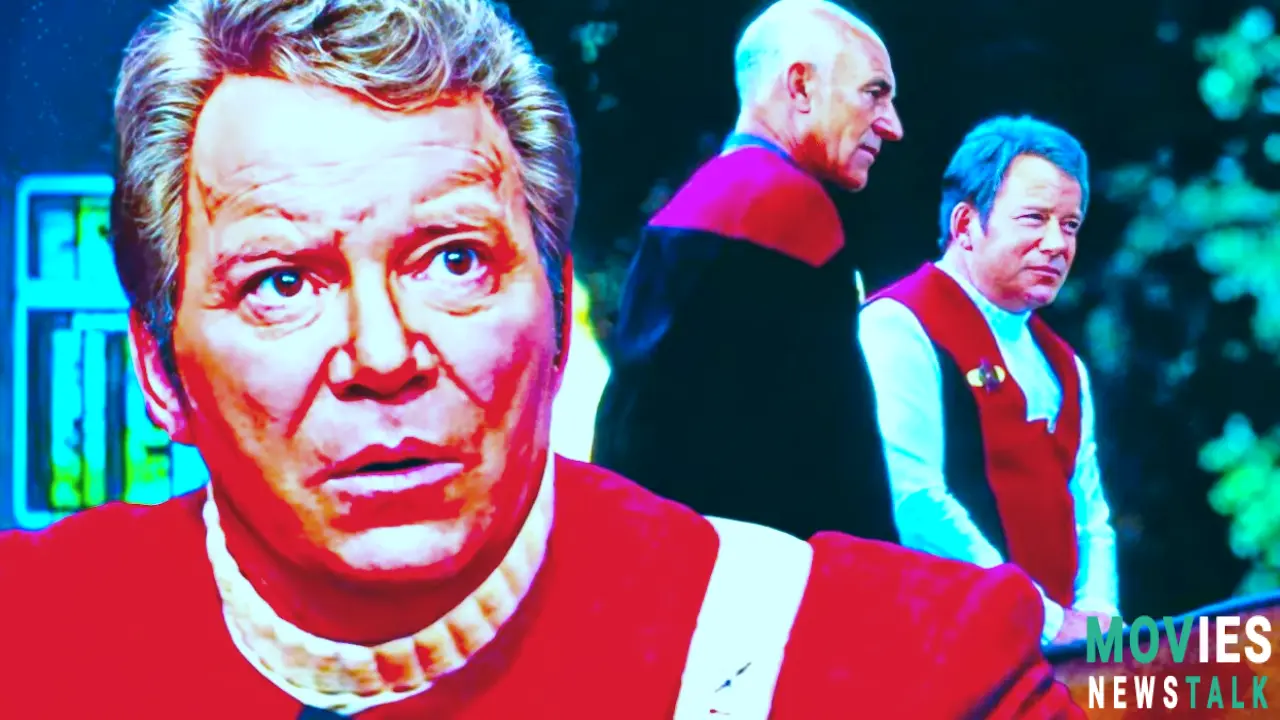Uncovering a Sordid Truth About Captain Kirk's Destiny, the Final Organian
Captain Kirk's fate is shockingly revealed by T'Lir, the last of the Organians. Predestination is a strong force in the Star Trek world, as evidenced by T'Lir's revelation in the most recent Star Trek comic that they knew Kirk's fate years in advance.
T'Lir, who has assumed the shape of a Vulcan in order to survive, tells the story of an encounter she had on Organia with Kirk, Spock, and the Enterprise crew. Kirk hadn't yet come into contact with the potent anomaly, but T'Lir noticed that he had the "temporal signature" of the Nexus during this encounter. This disclosure presents a terrifying possibility: Before his disastrous meeting with the Nexus in Star Trek Generations, was Kirk's fate already decided?
Captain Kirk was controversially killed off in Star Trek Generations.
With Kirk's purported death, Star Trek Generations—the first movie starring both Captain Kirk and Captain Picard—introduced a startling twist. In the first scene of the movie, Kirk gives his life to save the El-Aurian refugees. But in actuality, Kirk had become entangled in the Nexus, a cosmic oddity that warps space and time. Kirk's destiny is finally determined in a fight with Doctor Tolian Soran on Viridian III, even though he was liberated from the Nexus.
There may be a predestined outcome given that T'Lir was aware of Kirk's connection with the Nexus long before it occurred. The Organians knew Kirk's future, they were godlike creatures with a deep knowledge of the cosmos. Does this imply that Kirk's demise was predetermined even before he made any decisions or actions?
Is There Really Free Will in the Star Trek Universe?
In the Star Trek world, the idea of free choice is seriously challenged by the concept of predestination. What does it mean for mortals like Kirk to make decisions if entities like the Organians have the ability to look into the future and shape events?
There are counterarguments, though, that contend free will may still exist. There is a hint of defiance against the gods in the deeds of other characters such as Sisko and Kahless. In the Star Trek world, Kahless's rebellion against the gods proved that they are not unbeatable. Additionally, Sisko and his group had access to the Pleroma, a world inhabited by the gods. The possibility that humans could contest and even evade the divine plan raises the possibility that free will is not wholly predestined after all.
The Star Trek Paradox of Destiny
The Star Trek universe has long been preoccupied with difficult philosophical issues pertaining to free will and destiny. These conversations become much more complicated with Star Trek #21's revelation of Kirk's prophesied fate.
In the end, predestination in the Star Trek world is still a mystery. Though the Organians' prediction of Kirk's destiny points to a predestined course, other characters' deeds, like as those of Sisko and Kahless, give hope for the existence of free will. Star Trek's fascinating examination of the human condition continues to feature this dichotomy of fate and free will.

